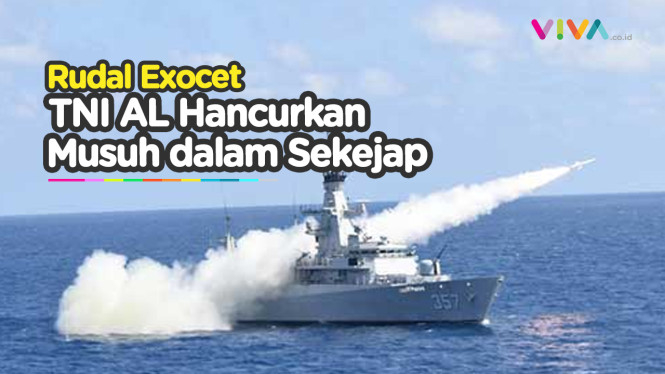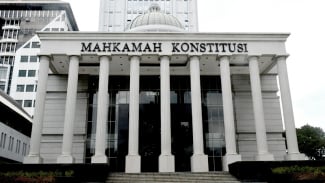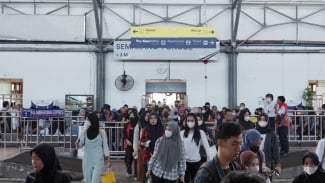How the Ministry Pushes Ship Safety Aspects, Port Facilities Improvements
- VIVA.co.id/Mohammad Yudha Prasetya
Jakarta – Implementing the International Ship and Port Facility Security (ISPS) Code regulations in Indonesia and other countries that have ratified the IMO regulations has been ongoing for 20 years since its enforcement on July 1, 2004.
The Ministry of Transportation reinforces its commitment to implementing the ISPS Code regulations in Indonesia, especially for domestically-flagged ships that sail internationally and port facilities that serve foreign ships that comply with the ISPS Code.
The Director of Sea and Coast Guard Unity, Jon Kenedi, from the Directorate General of Sea Transportation of the Ministry of Transportation, explained that ships and port facilities play a crucial role in driving the national economy.
"For example, through international trade that uses sea routes, as a supporting means for exporting and importing goods," Kenedi said in a statement on Saturday (July 6).
To enhance the smoothness of international trade, it is essential to ensure that ships and port facilities consistently and continuously implement international regulations, namely the ISPS Code.
[dok. Humas Direktorat Jenderal Perhubungan Laut Kemenhub]
- VIVA.co.id/Mohammad Yudha Prasetya
This underpins the holding of the ISPS Code Auditors Technical Meeting, an annual forum for ISPS Code Auditors to exchange information and experiences during verification processes.
"The discussion forum regarding the existing ISPS Code regulations in Indonesia will be updated and evaluated for its implementation on ships and port facilities that have implemented the ISPS Code," Kennedy remarked.
The three-day technical meeting was attended by 60 ISPS Code Auditors serving at the Headquarters and Technical Implementation Units (UPT) of the Directorate General of Sea Transportation.
He hopes that this technical meeting can address the challenges and issues faced or will be faced by ISPS Code Auditors in verifying ships and port facilities for compliance with ISPS Code regulations.
"And, it can have a positive impact on the Auditors themselves, the ship parties, port facility management, other maritime service users, and the Ministry of Transportation, especially the Directorate General of Sea Transportation," he concluded.

![[dok. Direktorat Jenderal Perhubungan Udara Kemenhub]](https://thumb.viva.co.id/media/frontend/thumbs3/2024/04/13/6619943096567-kemenhub-tambah-kapal-di-rute-panjang-ciwandan-demi-urai-arus-balik-mudik-catat-jadwalnya_665_374.jpg)
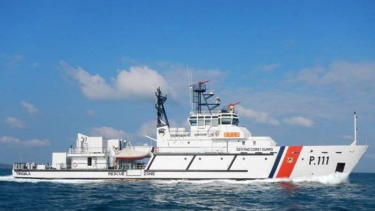
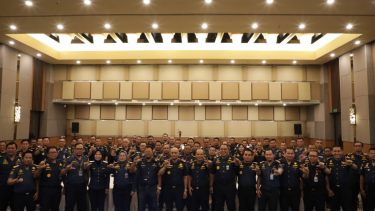
![[dok. Humas Direktorat Jenderal Perhubungan Laut Kemenhub] [dok. Humas Direktorat Jenderal Perhubungan Laut Kemenhub]](https://thumb.viva.co.id/media/frontend/thumbs3/2024/07/06/6688b38c88723-kemenhub-pacu-peningkatan-aspek-keamanan-kapal-dan-fasilitas-pelabuhan_663_372.jpg)








